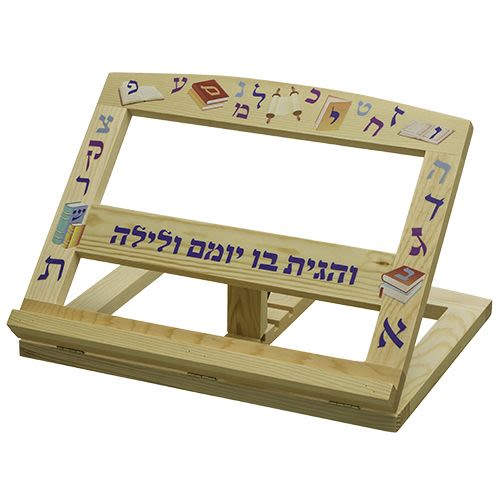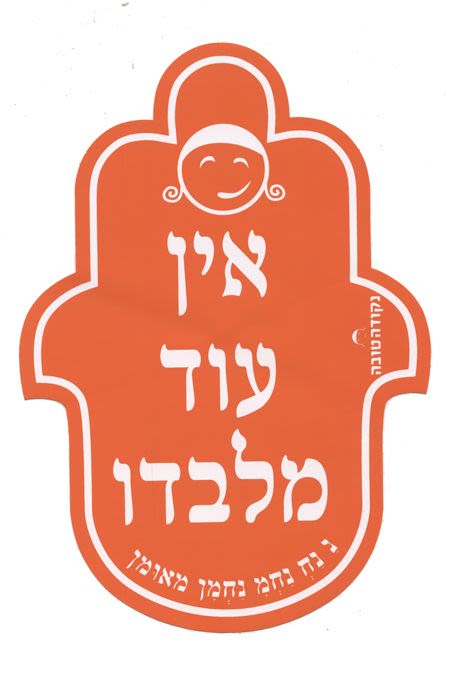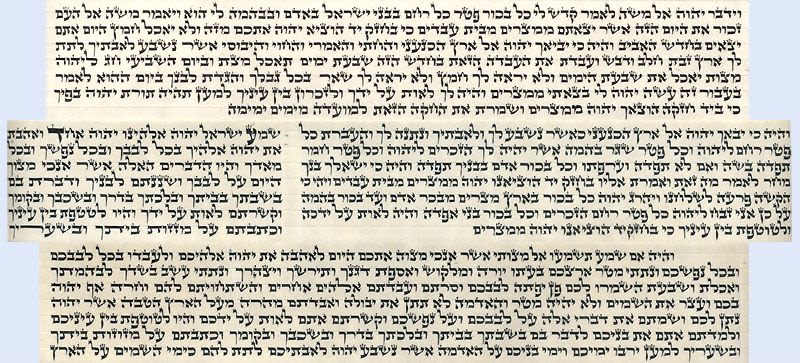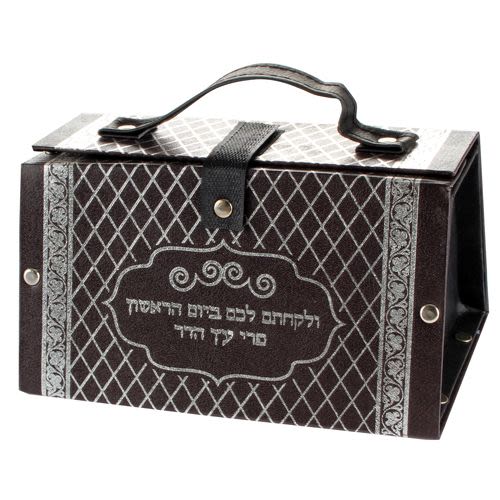
Vayishlach: Mitzvah Munitions
In cleverly veiled but polite terms, Jacob tells Esau that if he wants a fight, he'll get much more than he bargained for...

“I lived with Laban…I acquired oxen and donkeys, sheep, servants and maidservants” (Genesis 32:5-6).
Our forefather Jacob was preparing himself for his imminent confrontation with Esau on three levels as our sages tell us – gift, prayer and war. He sends messengers – some say angels – to garner intel as to Esau’s intentions and to convey a message of peace. As we’ll soon see, this message was by no means a sign of weakness but of strength. In cleverly veiled but polite terms, Jacob tells Esau that if he wants a fight, he’ll get much more than he bargained for.
According to Rashi, Jacob begins his message by saying despite the fact that he lived with Laban, he observed all the mitzvot of Torah. This sounds preposterous: what on earth does the evil Esau care whether his brother observed the mitzvot while living with Laban or not? Furthermore, instead of concealing his wealth to minimize Esau’s jealousy, Jacob gives an itemized statement of his acquisitions, “oxen and donkeys, sheep, servants and maidservants”. Why couldn’t he just have said that he’s a simple farmer with some livestock?

Image courtesy ChameleonsEye / Shutterstock.com
Our answers are hidden within Rebbe Nachman’s famous tale of The Bull and the Ram. Rebbe Nachman tells about a king who gathered all of his soothsayers in order to warn him as to what could be a potential danger to his offspring. They told him that he and his offspring must beware of the ox and the sheep. There was one Jew in the entire kingdom, one of the king’s ministers, who was allowed to practice his Judaism overtly because he had saved the life of the king’s grandfather during the latter’s reign. The present king, the grandson, stripped the Jewish minister of his privileges. The minister lost his privilege to openly don tefillin and tzitzit, consequently forced to observe his faith underground like the other Jews in the kingdom. The new king then had a dream: he saw a clear night’s sky and the twelve constellations of the zodiac; Aries and Taurus were laughing at him. The king awoke in anger and in great fear. He was forced to flee to a faraway refuge from anger, but the road to the refuge passed through a tunnel of fire. He saw other kings going through the tunnel calmly and unscathed, because each was accompanied by a Jew wearing tallit and tefillin. These were the kings who allowed the Jews to openly practice their religion. At any rate, the king tried to pass through the tunnel, but he and his offspring were obliterated. Why did Aries (the ram) and Taurus (the bull) laugh at him? Tzitzit is made of the ram’s wool while tefillin is made from the bull’s hide. This is Rebbe Nachman’s tale in a nutshell.
Now we can understand why Jacob told Esau not only that he observed all the mitzvot in Laban’s house, but that he acquired “oxen and donkeys, sheep, servants and maidservants”.
According to Isaac’s blessing of Esau, Esau will only gain power over Jacob if Jacob becomes lax in mitzva observance. As such, Jacob warns Esau that since he has been exacting in the observance of all the mitzvot, Esau will be in big trouble if he pursues the path of armed conflict. Cryptically, Jacob reveals the unconventional weapons in his arsenal: “oxen” symbolizes tefillin, sacrifices, red heifer, torah scrolls, mezuzot, milk and meat, killer bull, kosher slaughter and all the other mitzvot that are done with cattle. “Donkeys” symbolizes the prohibition of plowing with an ox and donkey together and the redemption of the first-born donkey. “Sheep” alludes to tzitzit, the first shearing, shatnez, ritual sacrifices, Pascal lamb and all the other mitzvot that involve sheep. “Slaves” refers to the laws of Hebrew slaves, Canaanite slaves and runaway slaves. “Maidservants” hints to the mitzvot governing an indentured Jewish maid and stealing a betrothed Jewish maidservant. Jacob is telling Esau that all the angels created from the observance of these mitzvot over the years (since our forefathers observed the mitzvot even before Torah was given on Mount Sinai) will be spiritual forces that crash down on his head like bunker busters. “Do you want that, Esau?” Jacob is asking. Esau backs down and the rest is history. The deeds of fathers are steppingstones for sons. Our forefather Jacob teaches us how we must approach a potential enemy – politely but firmly, depending on Hashem and not on the might of our right hand. If the enemy decides to fight with Hashem’s chosen, they are welcome to try, but they too should be aware of the “ox and the sheep” and all the other mitzva munitions.










